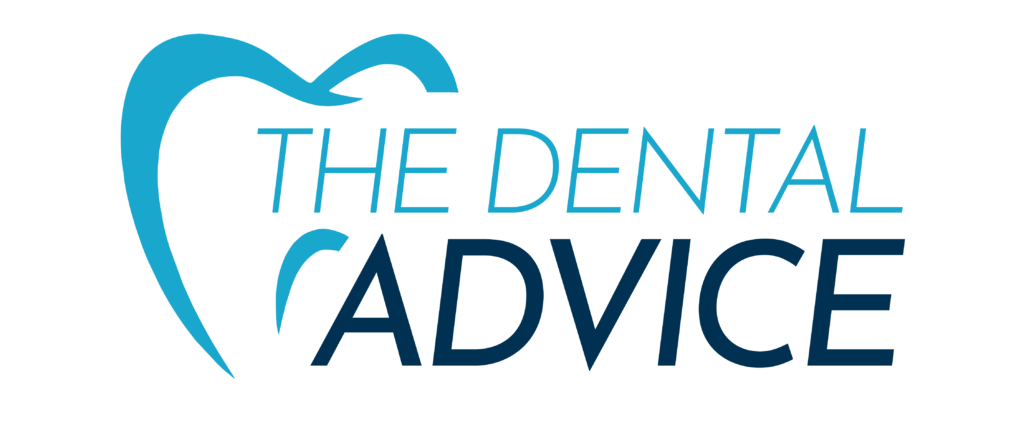Lotus299, Goldenexch, Msdexch: Blockchain technology is transforming the way humanitarian aid is delivered by enhancing transparency and accountability in the distribution process. Through the use of decentralized ledgers, organizations can track donations, monitor transactions, and ensure that assistance reaches those in need efficiently and securely. This increased visibility helps to build trust among donors, recipients, and aid providers, ultimately improving the effectiveness of humanitarian efforts.
Furthermore, blockchain technology enables faster and more cost-effective aid delivery by streamlining administrative processes and reducing the need for intermediaries. Smart contracts embedded in the blockchain can automatically execute agreements once certain conditions are met, eliminating lengthy paperwork and delays. This efficiency not only speeds up the response time during emergencies but also helps to reduce overhead costs, allowing more resources to be allocated directly to those affected by crises.
Benefits of Using Blockchain in Humanitarian Assistance
Blockchain technology offers numerous benefits for humanitarian assistance programs. One key advantage is the enhanced transparency and accountability it provides. With blockchain, every transaction and process is recorded on a decentralized and immutable ledger, which helps to prevent fraud and ensure that aid reaches the intended recipients efficiently. This transparency also builds trust among stakeholders and donors, as they can track how their contributions are being utilized in real time.
Another benefit of using blockchain in humanitarian aid is the increased efficiency and cost-effectiveness it brings to the process. By streamlining transactions and eliminating intermediaries, blockchain reduces the time and resources required to deliver aid to those in need. Smart contracts can also automate processes such as distribution, verification, and monitoring, saving valuable time and resources that can be redirected towards improving the overall effectiveness of aid programs.
Challenges and Limitations of Implementing Blockchain in Aid Programs
Aldoexch, Aaonline777, Aaonline247: Blockchain technology has the potential to transform humanitarian aid by increasing transparency, efficiency, and security in aid programs. However, there are several challenges and limitations that need to be addressed for successful implementation. One major challenge is the high cost associated with setting up and maintaining blockchain systems, which can be prohibitive for organizations with limited resources. Additionally, the complexity of blockchain technology may require specialized skills and expertise that are not always readily available within aid organizations.
Another limitation is the issue of scalability, as blockchain networks can face constraints when trying to process a large volume of transactions quickly. This could pose a challenge in emergency situations where aid needs to be delivered rapidly to those in need. Moreover, the decentralized nature of blockchain can also present challenges in terms of governance and decision-making processes within aid programs, as there may be difficulties in determining accountability and responsibility. Addressing these challenges and finding solutions will be crucial in harnessing the full potential of blockchain technology in humanitarian aid.
• High cost associated with setting up and maintaining blockchain systems
• Complexity of blockchain technology may require specialized skills and expertise
• Issue of scalability in processing a large volume of transactions quickly
• Challenges in governance and decision-making processes within aid programs due to decentralized nature of blockchain
What is blockchain technology?
Blockchain technology is a decentralized, distributed ledger system that securely records transactions across a network of computers.
How is blockchain revolutionizing humanitarian aid?
Blockchain technology is revolutionizing humanitarian aid by providing transparency, traceability, and efficiency in aid distribution processes.
What are some benefits of using blockchain in humanitarian assistance?
Some benefits of using blockchain in humanitarian assistance include improved accountability, reduced fraud, faster and more efficient aid distribution, and increased trust among stakeholders.
What are some challenges and limitations of implementing blockchain in aid programs?
Some challenges and limitations of implementing blockchain in aid programs include high initial setup costs, scalability issues, lack of technical expertise, regulatory concerns, and potential data privacy issues.
Also Read:-
Feature image source:- https://tinyurl.com/3pu9cjzp


